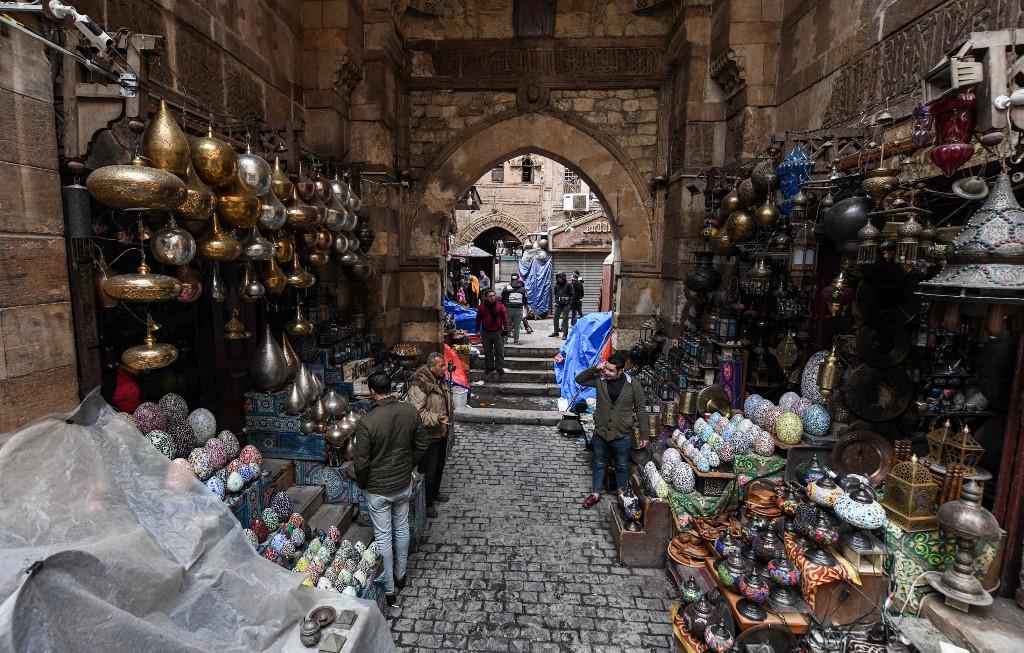Egypt’s 14-fold population rise in 135 years a ‘national problem’: Govt. minister
CAIRO: Egypt’s 14-fold population increase between 1882 and 2017 had created a “national problem” that required urgent attention, a government minister has said.
Deputy Minister of Health and Population Tarek Tawfik revealed that over the 135-year period the number of people living in the country had shot up from 6.7 million to 94.8 million.
The rise had impacted on each individual’s share of education, health, and available resources, affecting overall demographics, he added.
“(The population increase) is a national problem that needs to be solved through the collaboration of efforts between all the ministries, governmental, and non-governmental institutions, and the civil society,” Tawfik said.
He pointed out that the Egyptian National Population Council was currently drafting public policy documentation in collaboration with The American University in Cairo (AUC) aimed at resolving some of the country’s population-related issues.
Plans in the pipeline included awareness campaigns on family sizes, food and water security, and sustainability.
The council’s former rapporteur, Dr. Amr Hassan, said that a family planning project due to be launched early next year, would help to cut the birth rate in Egypt by 1 million.
Egyptian Minister of International Cooperation Dr. Rania Al-Mashat, US Agency for International Development (USAID) Mission Director Leslie Reed, AUC President Francis Joseph Ricciardone, and Tawfik recently launched the Strengthening Egypt’s Family Planning Program (SEFPP) youth competition, part of a $31 million initiative previously signed with the USAID to improve population health results.
Al-Mashat said that improving general healthcare, reproductive health, and family planning services were key to achieving economic empowerment for men and women.
She pointed out that the SEFPP youth competition was aimed at paving the way for the implementation of new and effective solutions to the issues and involved the Egyptian government, educational institutions and universities, youth, and civil society organizations represented by the USAID.
The program was designed to tackle the over-population problem through innovative techniques, developing youth ideas on family planning schemes, and raising awareness throughout the country.

Egypt sets new shop hours amid second virus wave fearsEgyptian tourism records 21.6% decline, halting reform efforts






